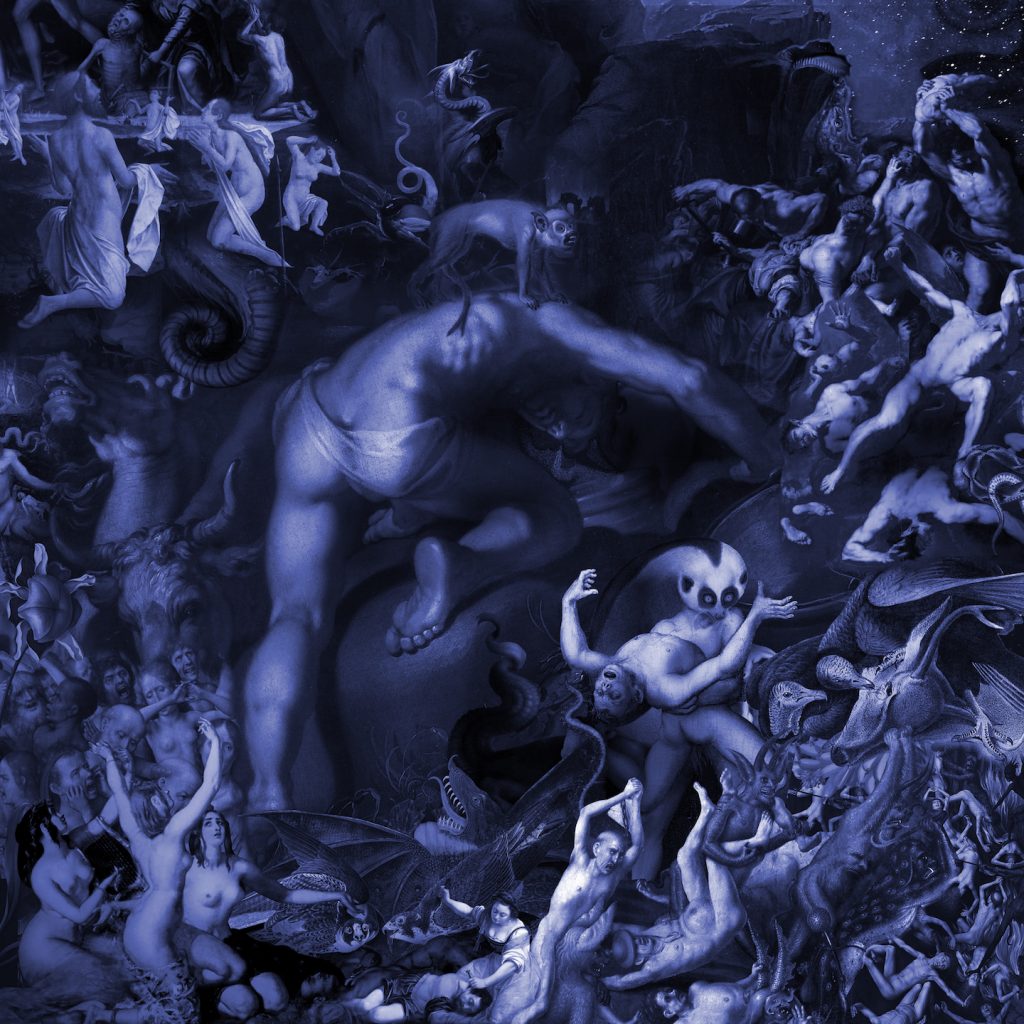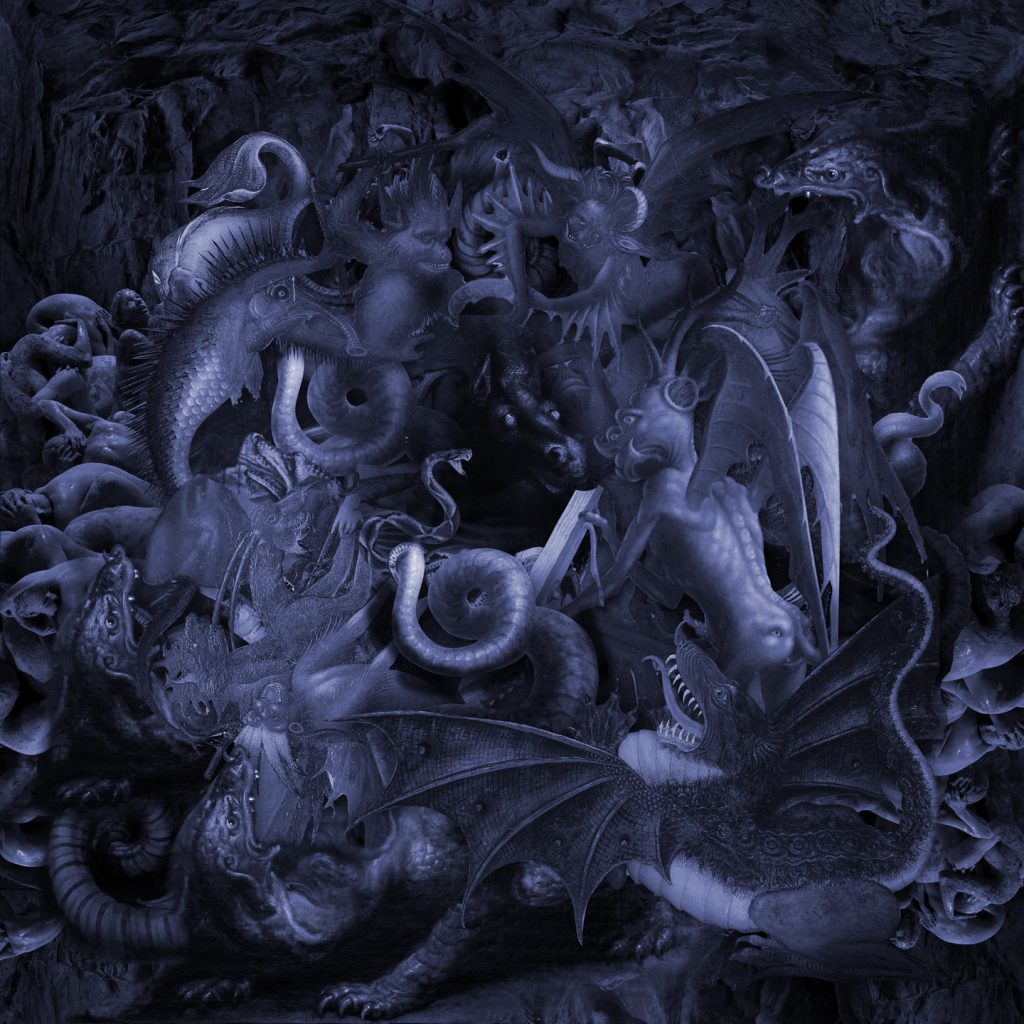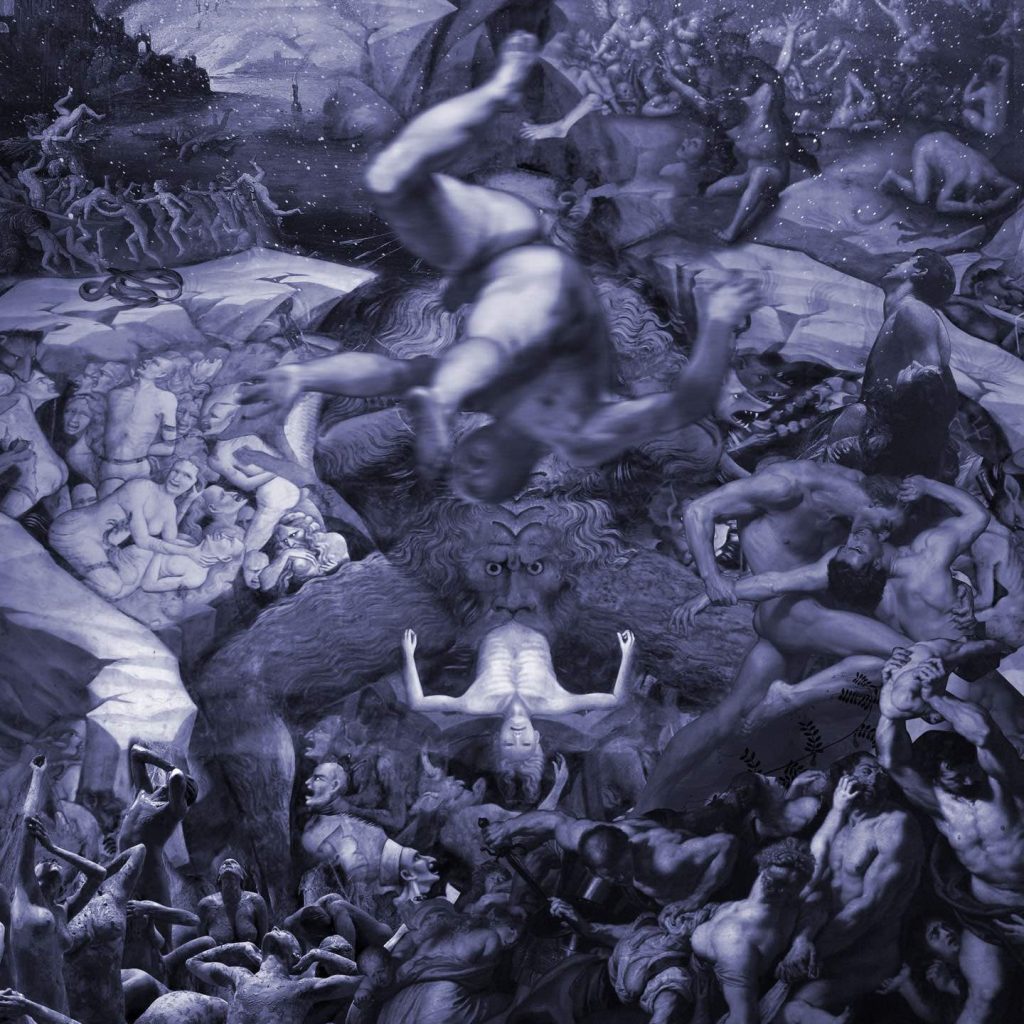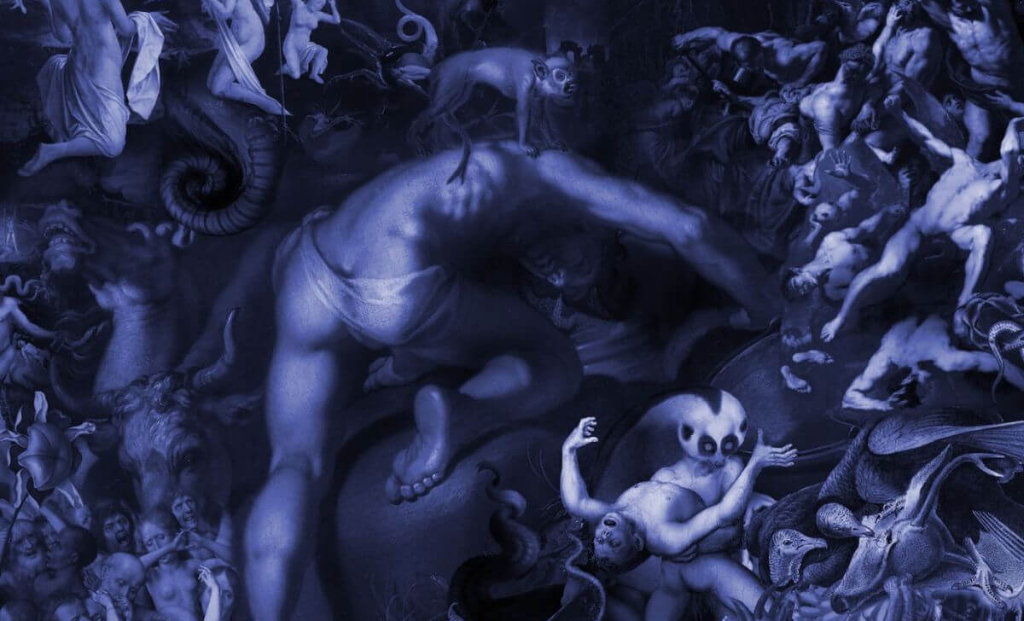Interview by Agata Kik

When we cannot make sense of all the information with which we are bombarded each day, when we cannot use reason to comprehend the world, we surrender, and we give up because, in the end, we will always do anything for the peace of mind. We Will Fail is the alias under which Warsaw-based artist Aleksandra Grünholz debuted with the album Verstörung released by Monotype Records in 2014.
We Will Fail highlights the technological progress in different ways. Not only do the tracks involve a great deal of digital manipulation, but conceptually they also point to the machine-influenced life of the human. For example, in the teaser video for the 2016 release Hand That Heals / Hand That Bites organic smooth moves of animate bodies are replaced by robot-like rough fits.
The video shows how rhythms of reality are epileptically orchestrated by electrically-powered instruments and how the digital sonic vibrations saturate our environment, causing even fish to palpitate. We have become disrupted mechanisms ourselves. There are glitches in our social systems, but rather than by getting frustrated, we will rather improve by embracing the change and listening to the surrounding materiality.
The title Hand That Heals / Hand That Bites also points to the old proverb warning not to act against someone or something that we depend on. This two-part album, rich in brutal beats, just like its cover bleeding in red, could provoke worries and leave one anxiously trembling in sync, but instead, it evokes hilarious grotesque and the absurd of the present day.
All of her 2018 releases with Refined Productions, including Schadenfreude, Very Urgent and Dancing, could be said to borrow conceptually, visually represent and sonically interpret the title of Francisco Goya’s etching ‘The Sleep of Reason Produces Monsters’. Aleksandra admits she is interested in the moment when one surrenders the conscious and lets bodily instincts go. She prefers the night to the day, but her dark humour is rather exhilarating than depressing. This humble pessimism, as in her artistic alias, We Will Fail is not meant to evoke hopelessness but rather to give the energy to thrive in the contemporary moment that the artist calls the dark ages of reason.
For the 2018 Unsound in Kraków, she did not only perform but was also in charge of the festival’s design and visual identity. Her dual artistic practice, thus, collapses the boundaries between listening and seeing, between the experience of the image and the sonic. The artist contrasts these two forms of expression. She reveals how they juxtapose, influence and magnify each other. Her metaphorical sound is always experienced in concert with the ornate visual language of her music releases’ covers that she makes herself.
In her visual designs, as in the ones of the two last editions of Unsound Festival, Aleksandra evokes Flemish tradition and Renaissance paintings, The Last Judgement scenes, for example, by Hieronymus Bosch or Hans Memling. These extravagant images, like her techno collages from field recordings, brutally seduce with their affective mystic beauty in order to reveal their genuine grim gloom and nihilistic nature underneath.
Like the apple that poisons; like the paradise that we have lost; like the siren’s song that tempts indulgence, but kills in the end, Aleksandra’s eccentric graphic practice and the We Will Fail sonic success are both a disquieting disturbance of our grey days of taking the reality a little bit too seriously.


Your last album, Dancing, is inspired by the night and raving. Could you tell us a bit more about the intellectual process behind it?
I read that we have limited amounts of self-control, and after a whole day of struggling with our weaknesses, we tend to break in the evening.
For example, you eat healthy and in small amounts, but in the evening, you get tired and frustrated and eat 3 times more than you would eat normally. I’m interested in that moment. It makes this whole fight useless.
I’m thinking that currently, we are at that point of being tired and letting go. Reason loses billions of contradictory pieces of information. The night is a moment when the mind is not perfectly sharp and fully focused. All gets blurred when there is no light, no distinction between what is true and what is right. The title of the album is obviously tricky. It’s like an invitation to a party, but when you come to the venue, it occurs it’s not a party, and nobody is having fun.
What were the technical challenges you faced for its development?
Some tracks were rearranged a dozen times. It occurred that the idea for a track is not enough as a whole to work. Despite the thought I had that we are in the dark ages of reason, I didn’t want to leave the listener with a sense of hopelessness rather than give energy. I knew what impression I wanted to make, but it was not easy to change it to the music.
In your productions, you usually include field recordings. There is a notable increase in field recordings in recent contemporary music. And field recordings can have quite a strong sociopolitical meaning. What are your views on the subject? What’s your idea behind using these?
Field recordings can add space and atmosphere to the composition. Many times I have used them to unflatten the track. Well-chosen recordings can add another layer of meaning or tweak the music. I like the possibility that adding something totally not fitting to the beat, it can make dancing to that track totally inappropriate. In Dancing, I almost didn’t use field recordings. I wanted this album to be as abstractive as possible.
Some of your artwork takes on still live and naturalistic style. Where does the interest come from?
I guess this interest came from my education. I was in art school, learned how to draw, paint and spend hours on the history of art. I like when an image is sophisticated and full of details. Watching this kind of image gives me a big pleasure. Maybe this is another way to slow down – I have thoughts about the shallowness of the present day. We do so many things at the same time.
Attention slips through the surface and runs away further for another distraction. I like when the eyes get caught up in something for a longer time. I also like the fact that realistic elements can be combined in such a way as to emphasize the weirdness of the situation.
The artwork for some of your releases is a take on the grotesque and Dantesque images of hell. You mention that the quote you had in mind while creating the covers for all 3 releases was the title of Goya’s etching Sleep of Reason Produces Monsters. What is your favourite time of the day to create?
What is your chief enemy of creativity?
Too much work at the same time, stress and time pressure. In my case, ideas need time to grow, and I have to rethink them many times. I have no trust in first thoughts and spontaneous resolutions.
Your work feels very powerful and strong but delicate at the same time. What are you unafraid of?
To be a disappointment. Or to be a bit ugly in what I do. I was making an album with the awareness that it won’t be pleasant and popular.






